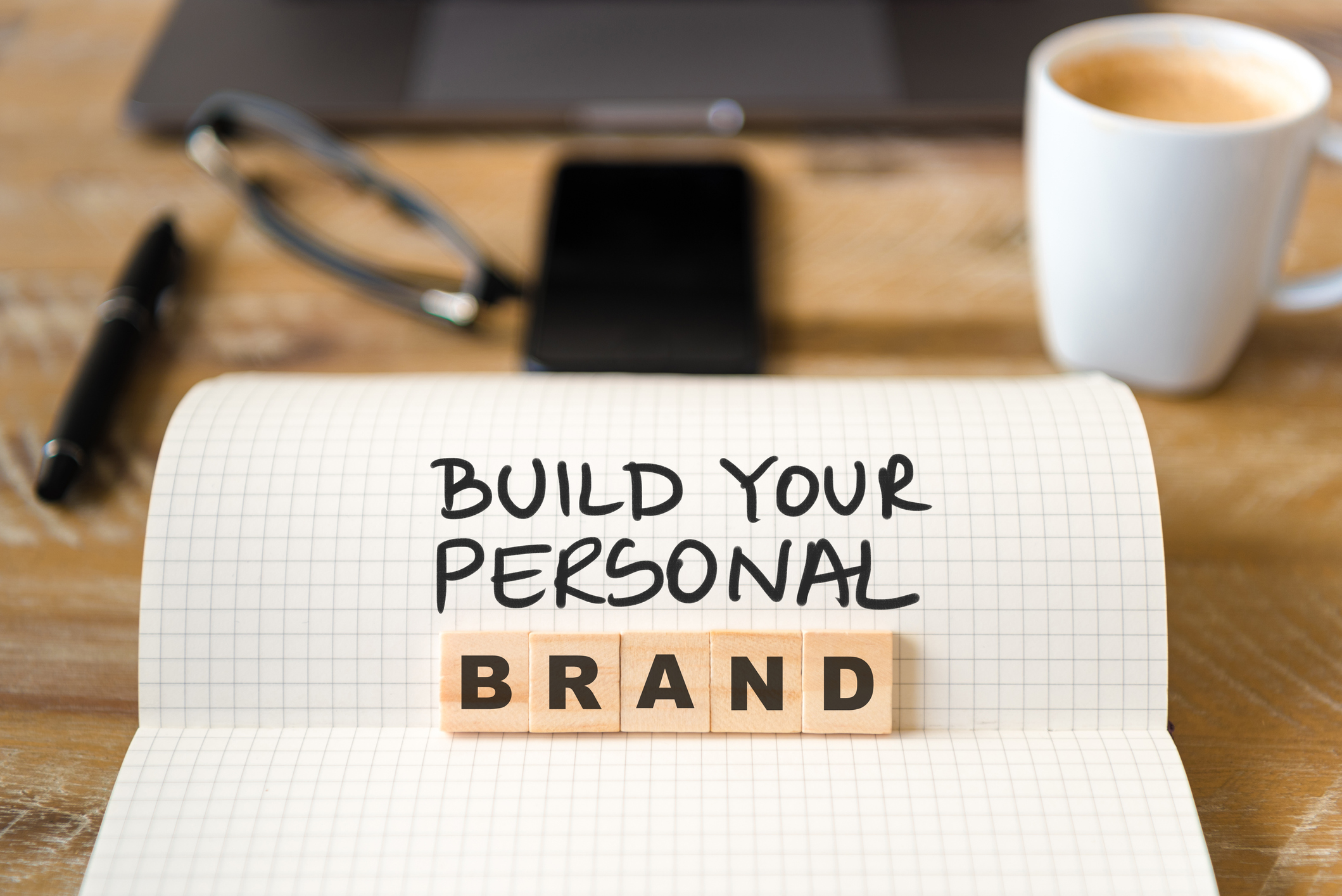5 Tips for Building a Personal Brand
Thanks to the Internet, everybody has a brand, even if they don’t know it. Every time you post on social media or have your name featured in online content, you’re building a personal brand.
But are you taking a strategic approach to build a brand that will be a positive reflection of yourself and advance your professional life? In this guide, you’ll learn the roadmap to create your own unique, authentic brand.
Keep reading to see how.
Key Takeaways
- A personal brand is the professional image you project to the world.
- Building a personal brand increases your value. It also opens the door to networking and career opportunities.
- Your brand should reflect your experience, strengths, and skills as you work toward future goals.
What is a Personal Brand?
Have you ever searched your name in Google? What did you find? Maybe your LinkedIn page populated in the search results, or a newspaper article from years ago when you won the regional spelling bee.
Guess what? That’s your personal brand.
When most people think of a brand, they immediately think of a business. But a brand is more than just a company selling goods or services. It represents a business’s values, goals, aesthetics, personality, authority, professionalism, and trustworthiness.
A personal brand represents all of those traits too, but for an individual instead of a business. Think of a personal brand as your professional image formed from a cumulation of how you present yourself, how others perceive you, and how the media represents you.
Why is Building a Personal Brand Important?
There’s no getting around it – building a personal brand requires a major time commitment and hard work. So, is it worth the effort?
YES!
A personal brand impacts your networking opportunities, hiring potential, level of expertise, and career as a whole. Whether you’re one of more than 59 million freelancers in the U.S. hoping to attract new clients or a job seeker interviewing for your dream position, a personal brand can help you to:
- Build trust and authority: As you develop your personal brand, you establish yourself as an expert in your market. People trust what you have to say.
- Increase your perceived value: Delivering credible content to your audience increases your value. People will want to follow you for more, and they’ll be willing to pay more for your services.
- Stand apart from the competition: A well-developed personal brand is a defining factor that makes you unique and establishes a personal connection your competitors may be lacking.
- Find your authentic voice: When you develop your personal brand on the foundation of your goals, values, passions, and skills, you’re being true to your authentic self and unlocking your human potential.
- Attract a like-minded community: As you build your brand, you’ll discover a community growing around you, too. The energy you put out will open opportunities for networking with people who share your values and goals.
How to Build a Personal Brand in 5 Steps
Building your personal brand won’t happen overnight. It takes time to strategize and cultivate your image, content, and online presence. Follow these guidelines to develop a personal brand built for success:
1. Identify Your Passion and Goals
Your brand should reflect who you are and who you want to be. It won’t last if you try to create a false image. Consider your:
- Skills
- Strengths
- Priorities
- Career goals
- What drives you
- What drains you
- Hobbies
- Passion
- Experience
All of these factors should be part of your decision. Building a personal brand is a long-term commitment, so how you choose to spend your energy should bring you happiness now and in the future.
2. Define Your Unique Value Proposition (UVP)
A unique value proposition is a concise statement that defines what unique benefits you can offer that nobody else can. Focus on your strengths and experience.
A common mistake people make is limiting themselves to fit within someone else’s brand image. This often happens when employees feel they have to represent their employer’s company. Even if you’re a successful entrepreneur who built a business yourself, that’s only one part of your personal brand.
Strive to create a dimensional personal brand that encompasses multiple aspects of your life, not just your job.
3. Define Your Niche and Audience
Successful brands focus on a targeted niche that aligns with their business goals. You can’t just create random content and throw it out into the void of Google – you must know who you are creating content for and why they would be interested in hearing what you have to say.
To define your niche, start with a broad category that interests you. Then, narrow it down to a smaller category that’s easier to target. Keep zooming in until you have a closely defined niche.
Example: Sales > Online Sales > Small Business Online Sales > Content Marketing and SEO for Small Business Online Sales
4. Grow Your Online and Social Media Presence
98% of employers do online background research on candidates. 79% have rejected a job application based solely on the candidate’s social media content. What will they find when they uncover your personal brand?
Take control of this online information. If you don’t have a website already, you should create one that serves as an online resume. Include your education, interests, experience, accomplishments, UVP, and professional headshot.
There are a lot of social media platforms – so many that trying to be on them all is too overwhelming and time-consuming. Select one to four prominent platforms that support the type of content you want to produce and build your presence there with relevant posts and interactions.
5. Develop a Content Strategy
You need a game plan. Creating a well-rounded content strategy and sticking to it often separates winning personal brands from unsuccessful ones.
Start by researching trending subjects in your market niche and determining what types of content you want to create. Ideally, you should vary your content forms so you aren’t posting the same type every time.
Content ideas:
- Images
- Live videos
- Prerecorded videos
- Text
- Infographics
- Slideshows
- Podcasts
- Webinars
- Tutorials
- Online courses
- Virtual Q&A
Create a content calendar to help you stay on track and post consistently.
Are You Ready to Build Your Personal Brand?
Your brand is your story. What does it say about you?
Many people leave their stories up to fate. After all, building a personal brand is hard work. It takes time, dedication, effort, planning, and self-evaluation. But for those who want to take control and tell their own story, investing in their personal brand is a no-brainer.
Where your story goes from here is up to you.
Want to learn more about personal branding and other business tips? Explore our library of resources for more information.



